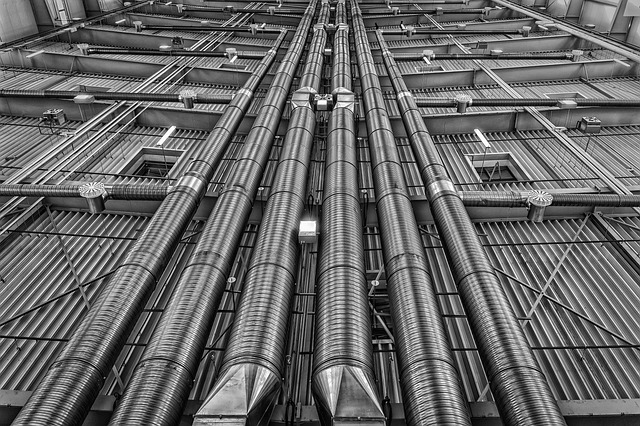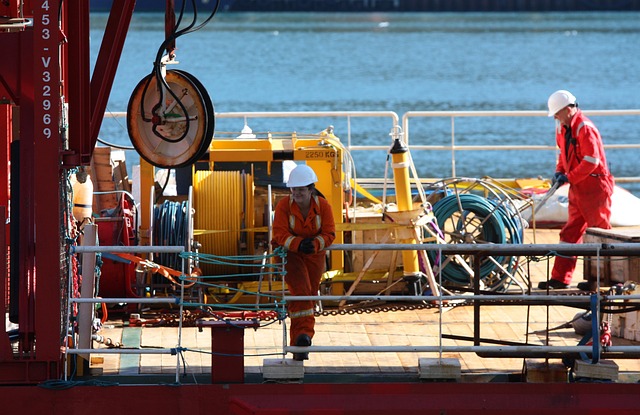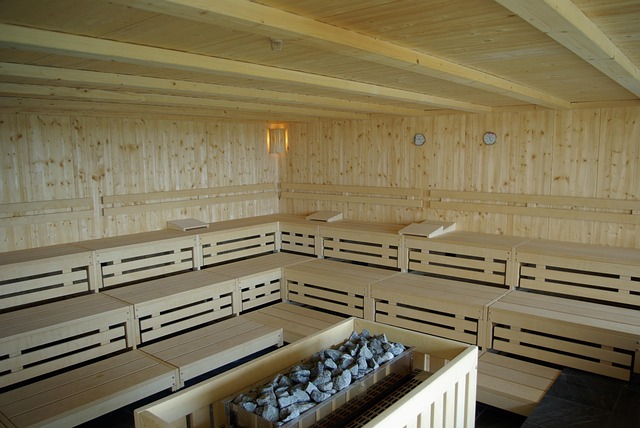An experienced heating engineer is crucial for navigating complex cost factors of new heating systems, considering property size, fuel preferences, infrastructure, and local regulations. They guide equipment selection, balance effectiveness with cost-effectiveness, account for regional variations, and offer insights on energy audits, rebates, and long-term savings. Labor costs, influenced by complexity, property size, and system removal, range from £50 to £100 per hour. Engaging such an engineer ensures reliable performance, minimizes downtime, and invests in long-term savings while promoting sustainability.
“Curious about the cost of a new heating system? This comprehensive guide breaks down all you need to know. From understanding key cost factors and regional installation expenses to exploring different heater types and labor costs, we’ve got you covered.
Learn from an experienced heating engineer about what drives prices, discover available incentives, and understand long-term savings potential versus initial investment. By the end, you’ll be armed with insights to make an informed decision.”
- Understanding Cost Factors for New Heating Systems
- Average Installation Expenses: A Regional Perspective
- Types of Heaters and Their Price Ranges
- Labor Costs: What an Experienced Heating Engineer Charges
- Incentives and Rebates to Reduce Costs
- Long-Term Savings vs Initial Investment Comparison
Understanding Cost Factors for New Heating Systems

When considering a new heating system, understanding the various factors that influence cost is essential. An experienced heating engineer will take into account aspects like the size and efficiency requirements of your property, the type of fuel preferred (e.g., gas, oil, electric), and existing infrastructure. For instance, if you’re looking for a heat exchanger repair cost upgrade, a professional can assess whether it’s more economical to repair or replace the current system. In commercial settings, heating engineer for rental properties often need to meet specific energy efficiency standards, which can impact the overall cost of new installations or upgrades.
Additionally, factors like climate and local regulations should be considered. Commercial heating system upgrades, for example, may require compliance with stricter environmental standards, adding complexity and potential expense. The choice of equipment, such as boilers or heat pumps, also plays a role in determining the final price tag. An experienced technician can guide you through these considerations to ensure your new heating system is tailored to your needs while balancing cost-effectiveness.
Average Installation Expenses: A Regional Perspective

The expense of installing a new heating system isn’t uniform across regions due to varying costs of labor and materials. According to industry experts, average installation expenses for residential energy audits can range from $2,000 to $4,000. These figures are typically higher in metropolitan areas with a higher cost of living and demand for specialized services, reflecting the need for an experienced heating engineer.
When considering options like hydronic heating systems installation or gas boiler repair, regional factors come into play. Urban centers often have stricter building codes that necessitate compliance with more advanced and efficient technologies. Conversely, rural areas might see lower costs due to less stringent regulations and potentially fewer specialized contractors. Therefore, homeowners should factor in these regional variations when budgeting for their new heating system.
Types of Heaters and Their Price Ranges

When considering a new heating system, understanding the diverse range of options available is key. Different types of heaters cater to various needs and budgets. For instance, efficient heating system design often involves modern condensing boilers that are energy-efficient and cost-effective in the long run. These typically range from £500 to £1,500, depending on size and brand. On the other hand, electric heat pumps, known for their environmental friendliness, can vary widely in price, usually between £800 and £2,500 or more, based on capacity and efficiency ratings.
For larger commercial heating maintenance contracts, hydronic systems using radiant floor heating or baseboard heaters are popular choices. These advanced systems can cost anywhere from £3,000 to £10,000 or more, considering the complexity of installation and necessary infrastructure. An experienced heating engineer can provide valuable insights tailored to your property’s unique requirements, ensuring you make an informed decision based on factors like energy efficiency, initial cost, and long-term savings.
Labor Costs: What an Experienced Heating Engineer Charges

When budgeting for a new heating system, understanding labor costs is crucial. An experienced heating engineer will charge based on several factors including the complexity of the installation, size of your property, and whether it involves removing an old system (like a fix broken heating system or condensing boiler installation guide). On average, labor expenses can range from £50 to £100 per hour, with some complex jobs potentially costing more.
These professionals bring specialized knowledge and tools to ensure efficient and safe installations. Their expertise in troubleshooting central heating issues means they can often identify and fix problems quickly, minimizing downtime. Therefore, while initial costs may vary, engaging an experienced heating engineer is a wise investment that promises long-term savings and reliable system performance.
Incentives and Rebates to Reduce Costs

Many regions offer incentives and rebates to encourage homeowners to upgrade their heating systems to more efficient models. These programs can significantly reduce the upfront costs associated with installing a new system, making it a more affordable option for those looking to replace their outdated heating equipment. An experienced heating engineer can guide you through these available rebates and help select the most suitable heating solution for your needs.
When considering a new heating system, explore options like residential energy audits for heating, which can identify areas for improvement in your current setup. This process involves an expert assessing your home’s insulation, air sealing, and heating equipment to provide tailored recommendations. Additionally, some manufacturers offer rebates on high-efficiency hydronic heating systems installation, further lowering the overall investment. Commercial heating maintenance contracts are also worth exploring for business owners, as they can help manage energy costs and ensure optimal system performance throughout the year.
Long-Term Savings vs Initial Investment Comparison

When considering a new heating system, one of the key factors to weigh is the balance between long-term savings and the initial investment. While it’s true that installing a modern, energy-efficient model may come with a significant upfront cost, experienced heating engineers would agree that this isn’t just about the present expense. In the hustle and bustle of the heating season, efficient systems can lead to substantial savings over time as they consume less fuel and reduce energy wastage.
Regular heating system safety checks are essential, and an experienced plumber Bromsgrove can guide you through this process. These checks ensure your new system operates safely and efficiently, maximizing its long-term benefits. In terms of sustainability, the reduced energy consumption translates to a smaller carbon footprint, making it a responsible choice for environmentally conscious homeowners.
When considering a new heating system, understanding the cost landscape is crucial. From regional installation expenses to various heater types and labor rates charged by an experienced heating engineer, each factor plays a part. By exploring incentives and rebates, you can mitigate upfront costs. Ultimately, while the initial investment may be substantial, long-term savings from efficient heating systems can prove worthwhile. An informed decision, guided by professionals, ensures not only optimal performance but also cost-effectiveness for your home or business.
